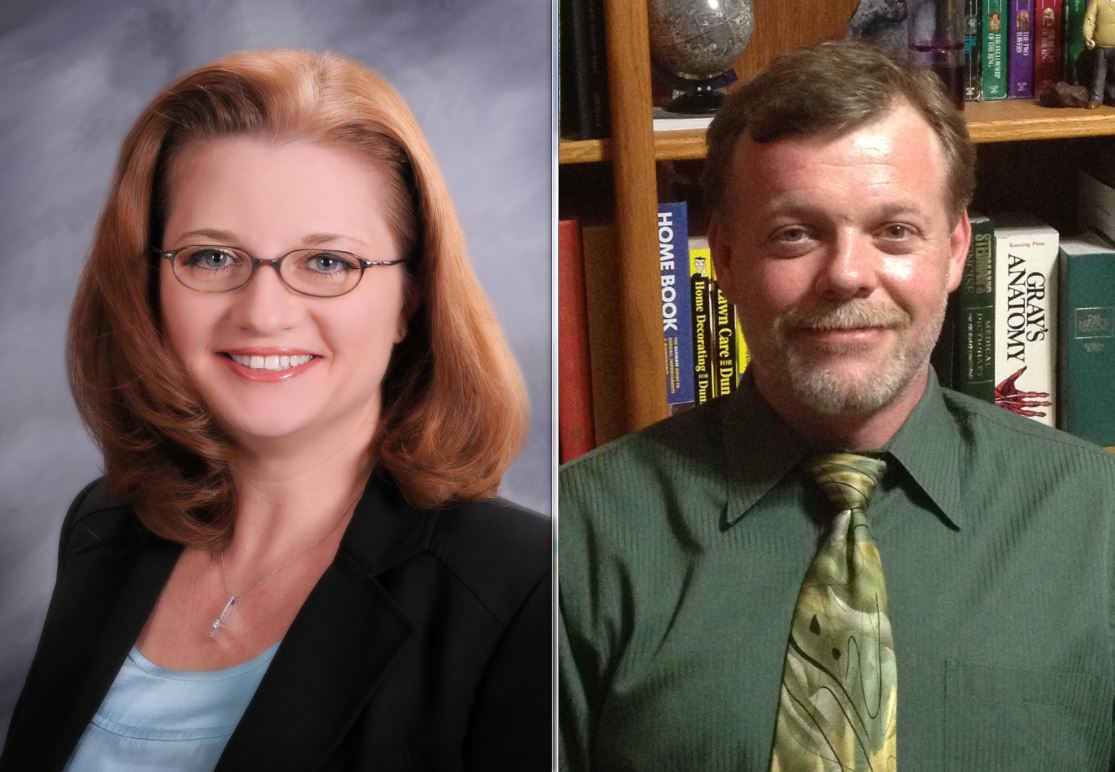UALR to launch STEM teacher initiative with $1.2 million grant
Thanks to a nearly $1.2 million grant, the University of Arkansas at Little Rock will launch a new program aimed at improving Arkansas’ early education opportunities in science, technology, engineering, and mathematics.
With the five-year $1,193,677 award from the National Science Foundation, UALR will introduce the UALRTeach Noyce Teacher Scholarship Program, a collaboration with Henderson Middle School, UALR Children International, and the Museum of Discovery.
UALRTeach is a STEM secondary education teacher preparation initiative.
The new collaboration, financed by the NSF’s Robert Noyce Scholarship Program, will take a multi-pronged approach to tackling Arkansas’ shortage of science and mathematics teachers, particularly in high-need schools.
Led by UALRTeach Co-directors Drs. Tony Hall and Gail Hughes, the collaboration seeks to benefit current and future STEM teachers, middle school students, and research in the area of STEM teacher education. The project will build on the success of the current program with the talents and expertise of Master Teachers Kelly Chaney and Sandra Leiterman.
As an incentive to enter the field, scholarship funds will be offered to select highly qualified UALR junior and senior STEM majors who intend to earn their teaching licenses and teach in a high-need school for at least two years.
Additionally, participants in the program will teach enhanced inquiry-based mathematics and science lessons to the students at Henderson Middle School, a high-needs school in Little Rock, developing their own skills while engaging young people with STEM concepts and activities.
The grant also will help launch the Noyce Internship Program. Participating interns, usually upcoming sophomores and juniors, will spend four weeks during the summer leading educational presentations, tutoring, and learning at Children International, the Museum of Discovery, and other partner sites.
These positions will be paid, allowing students to support themselves while honing their teaching and professional skills.
Not only will teachers-in-training receive support, but, under the program, so will new STEM educators, with the opportunity to attend the biannual UALRTeach Professional Development days.
Additionally, through observation and assessment, UALR scholars will study the effects of experiential learning on STEM teachers-in-training — an area currently without much scholarly research.
Through these and other efforts, the program seeks to increase both the number and quality of STEM teachers in Arkansas’ schools, as well as the quality of future STEM teacher education.
